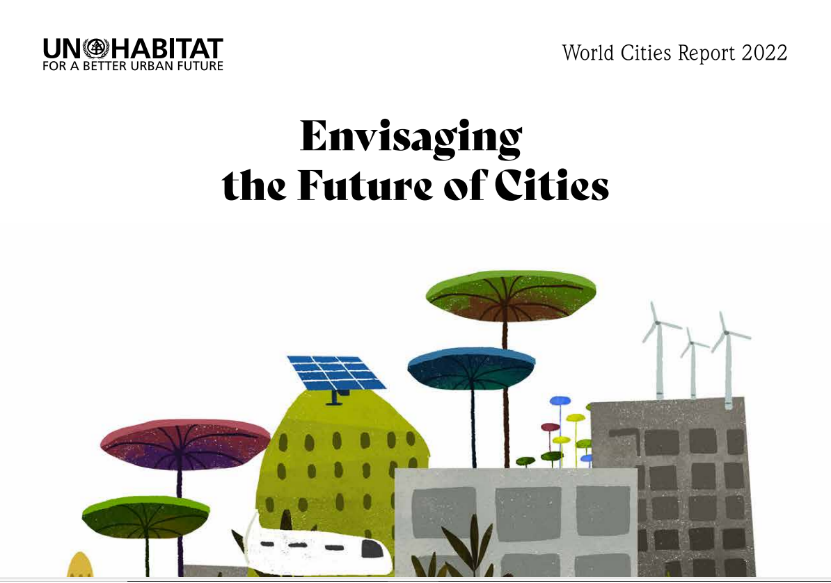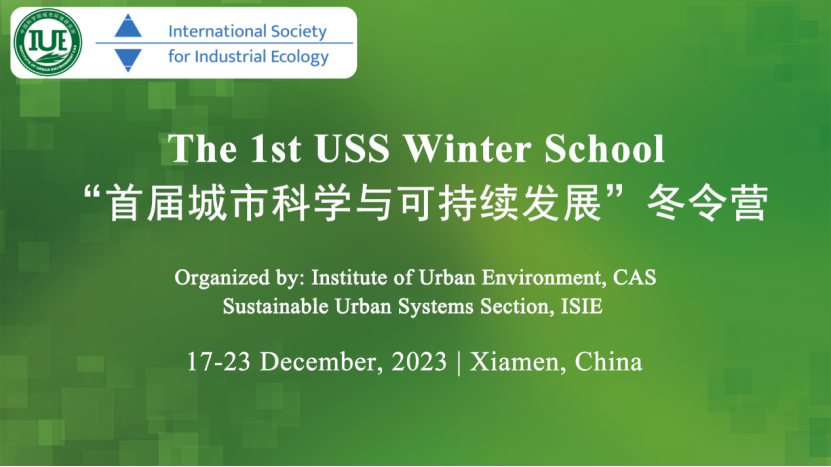Interdisciplinary Challenges in Flood Risk Management
Nigel Wright
16:00-17:30, Jan 21 2025, CST; 08:00-09:30, Jan 21 2025, GMT
Please register here.
From initial research on the use of computers to predict the movement of fluids in the natural and built environment, Nigel’s research has expanded into the cross-disciplinary aspects of flood risk management and climate change adaptation. This has led to funding from the Engineering and Physical Science Research Council, the Natural Environment Research Council and the Economic and Social Research Council amongst others.
Nigel has published over 120 papers in peer-reviewed journals and conferences. He has received several journal awards with his co-authors including being highly commended in the Journal of Flood Risk Management Best Paper Award in 2021; the 16th Harold Jan Schoemaker Award for the most outstanding paper in the Journal of Hydraulic Research in the period 2007-8; and the John F Alcock Memorial Prize by the Railway Division of the Institution of Mechanical Engineers.
Nigel's work has had a strong international focus. In addition to time spent working in the US and the Netherlands, he has worked on collaborative projects in Ethiopia, Zimbabwe, Zambia, Mozambique, Argentina, China and India. He is a Visiting Professor of the Chinese Academy of Sciences and is a Chartered Engineer, Fellow of the Institution of Civil Engineers, and Fellow of the HEA.
Abstract
It is a given that the risks to people and economies from flood risk is increasing, whether this is from rivers, urban rainfall, coasts or other drivers. Approaches to flood risk have changed in recent decades from a paradigm of flood defence to one of flood risk management or flood resilience. Along with this paradigm change, there has been a realisation that research and applications in flood risk management require expertise from different disciplines. A challenge of such work is how to ensure that the disciplines are truly combined rather than just brought together without the necessary integration. In this presentation, Professor Wright will discuss the approaches to interdisciplinary work, drawing some parallels with working across cultures, and give some examples of interdisciplinary challenges and responses.




